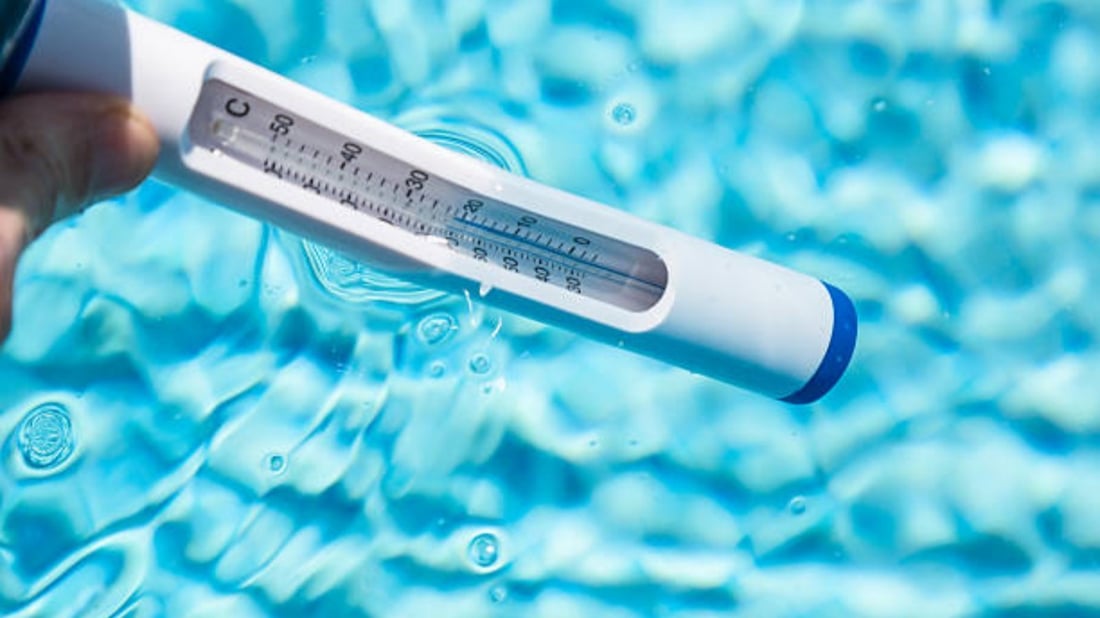Introduction
As a pool owner, it's essential to monitor your pool's temperature regularly. Knowing the temperature of your pool gives you an idea of how comfortable it will be to swim in and whether you need to adjust the water temperature. However, How accurate are pool thermometers?? In this article, we will be exploring the accuracy of pool thermometers, types of pool thermometers, and factors that can affect their accuracy.
Types of pool thermometers
Pool thermometers come in different types. The first type is the traditional mercury thermometer, which is affordable but not safe and accurate as it can break and release harmful chemicals into the water. The second type is the digital thermometer that is reliable, safe, and accurate. Third, there's the floating thermometer, which floats on the water surface and is suitable for pool owners who want to measure the water temperature from a distance.
Factors affecting the accuracy of pool thermometers
Several factors can affect the accuracy of pool thermometers. One of the most common factors is the depth of the thermometer in the water. Pool thermometers work best when submerged at least six inches below the water surface. Another factor is the water circulation. If your pool water is not circulating correctly, the thermometer's readings may be inaccurate.
Calibrating your pool thermometer
Calibrating your pool thermometer is crucial to ensure it provides accurate readings. You can calibrate your thermometer by placing it in ice-cold water and marking where the temperature stabilizes. Next, place it in boiling water and do the same. Your thermometer should read 32°F in the ice-cold water and 212°F in boiling water.
How accurate are infrared pool thermometers?
Infrared thermometers are known for their accuracy, and they are becoming increasingly popular among pool owners. However, their accuracy can be affected by the distance between the thermometer and the surface being measured, as well as any obstructions that may interfere with the infrared beam.
What's the ideal pool temperature?
The ideal pool temperature is subjective and depends on personal preference. However, most people find 78°F-82°F to be the most comfortable temperature to swim in, and warmer temperatures are ideal for children and the elderly.
How often should you check your pool thermometer?
You should check your pool thermometer at least once a week or more frequently if you notice significant changes in the water temperature. Be sure to calibrate your thermometer regularly to ensure accurate readings.
Conclusion
Pool thermometers are essential tools that help you monitor your pool's temperature. They come in different types, and their accuracy can be affected by various factors. Regular calibration, checking, and maintenance of your pool thermometer can help ensure that it provides accurate readings, making it easier for you to maintain the desired pool temperature.

